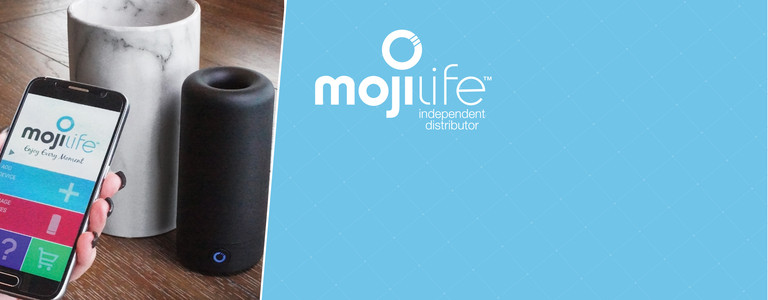 Stressed out? You’re definitely not alone. The COVID-19 outbreak continues to cause high levels of stress and anxiety in both adults and children across the country. It’s frustrating not knowing what the future holds for us and our loved ones. None of us knows when the worldwide pandemic will truly be over. Our daily activities, including ones we enjoy (like hugging!), will continue to be limited for some time. Some of us have lost jobs or are facing that possibility. Families are falling behind on rent and mortgages. There have been shortages of everything from baking supplies to toilet paper. And to top it off, we’re hearing scary things about people who have become sick.
Stressed out? You’re definitely not alone. The COVID-19 outbreak continues to cause high levels of stress and anxiety in both adults and children across the country. It’s frustrating not knowing what the future holds for us and our loved ones. None of us knows when the worldwide pandemic will truly be over. Our daily activities, including ones we enjoy (like hugging!), will continue to be limited for some time. Some of us have lost jobs or are facing that possibility. Families are falling behind on rent and mortgages. There have been shortages of everything from baking supplies to toilet paper. And to top it off, we’re hearing scary things about people who have become sick.
Right now, there’s so much you can’t control. But here are the things you can do to better manage the stress of these uncertain times:
- Take breaks from watching, reading, or listening to coverage about COVID-19. That includes social media! Hearing about the pandemic for hours each day can be draining. When you do read, watch or listen to the news, tune in only to reputable news sources. There’s a lot of misinformation being spread around on the Internet.
- Take care of yourself. Eat healthy and well-balanced meals. Junk food will only make you feel worse. Try to fill at least half of your plate at each meal with vegetables and fruit. Drink enough water — many of us don’t.
- Try to get plenty of sleep. There’s nothing wrong with using your cell phone or watching television to relax, but the stimulation of using screens within a few hours of bedtime can make your brain too excited to sleep. Don’t catch up on the news, which these days is all about COVID-19, while you’re in bed and getting ready to go to sleep. Make sure you’re getting even a small amount of natural sunlight each day, preferably in the morning because it helps reinforce a normal sleep-wake cycle.
- Try to get some exercise each day. The research is clear: Physical activity makes us feel better. Plus, if you move more during the daytime hours, you’ll naturally be more tired by the end of the day. Bonus time: walking, hiking or bicycling outdoors if you can. Getting exercise outdoors has many health benefits.
- Try to do some activities that you enjoy each day. Even simple activities, such as reading a book, petting your cat, playing with your dog or enjoying a cup of hot chocolate, can help you feel so much better.
- If you haven’t tried meditation, now’s the time. Feeling yourself becoming overwhelmed? Closing your eyes, listening to some soothing music and taking deep, cleansing breaths can really help. Studies show that the benefits of meditation — less stress, better sleep and improved mood — are real. Not sure where to start? There’s a variety of top-rated free and low-cost apps that can help. One is the Calm app. Calm offers guided meditation with soothing music in 3- to 25-minute sessions. Want to develop a daily meditation practice? Try Daily Calm, the app’s 10-minute program that helps you meditate in the mornings or evenings. You can also check out or purchase a book on meditation.
- Connect with others. Talk with people you trust about your concerns and how you are feeling. Lean on close friends and family — letting someone know how you’re feeling can really help. After all, we’re all in this together.
- Get help if you need it. If you’re worried about your physical or mental health, call your primary care or mental health provider to ask about appointment options.








